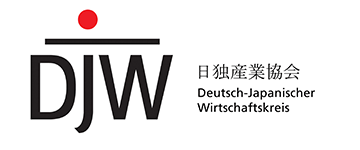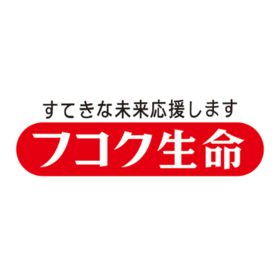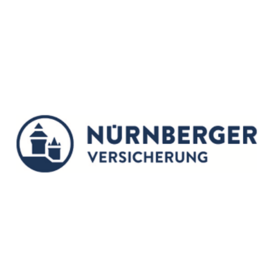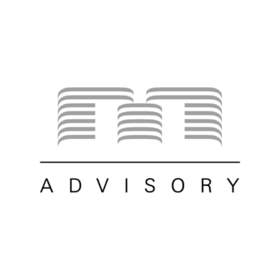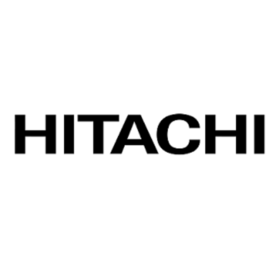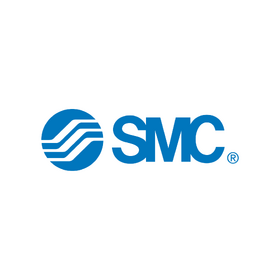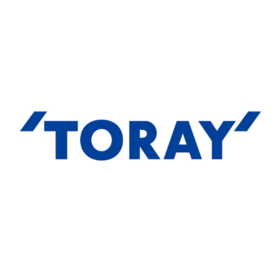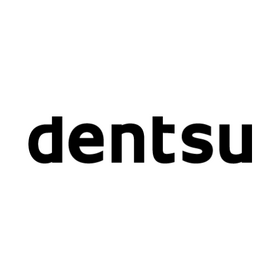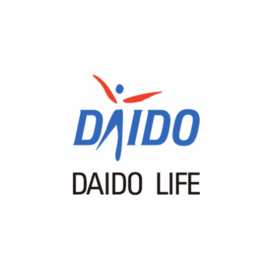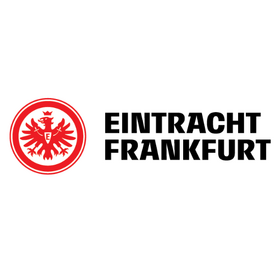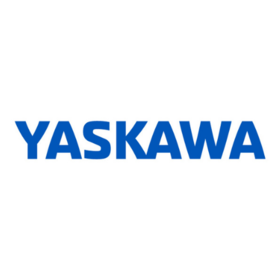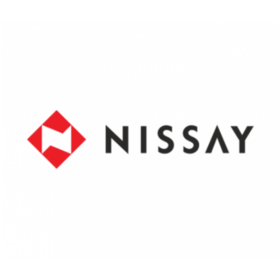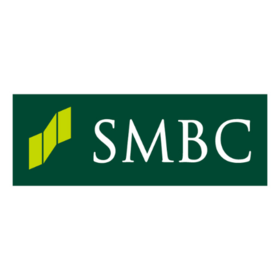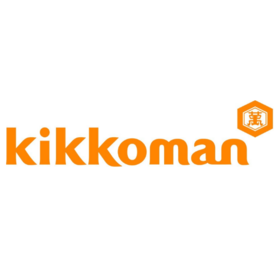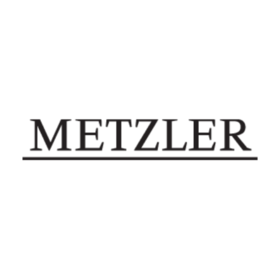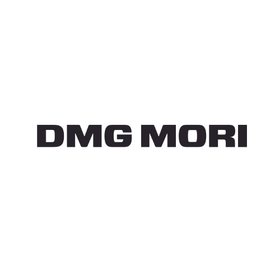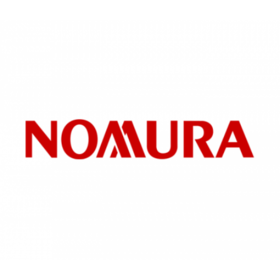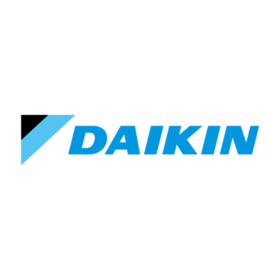How DJW is breaking new grounds by introducing agile working methods
„DJW Insight“ #0: Interview with our former Managing Director Dr. Julia Münch
We decided to tap the huge potential of our DJW network by introducing new forms of collaboration to make it possible for our members to get involved – working in squads, banking on self-organization and self-responsibility. To explain the background of this new approach to you, we conducted an interview with our former Managing Director Dr. Julia Münch. During the upcoming months, we are going to introduce the various squads and the members involved.
1. Why did the board decide to introduce agile working methods to DJW?
DJW has always been characterized by its flexibility. Our non-profit organization is privately-funded and therefore completely independent. Our actions are aligned by our statutes and result solely from the needs of our members. We are constantly working on improving our services in order to contribute to the promotion of German-Japanese economic relations.
While our large network of personal contacts and our lean, unbureaucratic structure can be called our strengths, it is at the same time a challenge. We count a large number of members with very different backgrounds, located on various places in two different countries. The interests to be served are accordingly diverse and the coordination of our activities complex, while our financial and personnel resources – with only two employees in Duesseldorf and one representative in Tokyo – are limited.
When, last year during a strategic off-site, an external consultant advised us to introduce elements of agile working methods to DJW in order to achieve our goals, it sounded very natural! To be “agile” can actually be defined with what we have been implicitly practicing for a long time anyway: to act flexibly, actively, adaptably and with initiative in times of change. We now want to tackle this a little more systematically than before. Making even better use of our strengths and leveraging hidden potential - these are the goals we are pursuing with the new approach!
2. What does this mean in concrete terms?
Based on our vision, our board has identified various main areas of activity, in which we would like to develop. For each of the resulting sub-themes ("key action areas", see figure 1), we would like to bring so-called "squads" into being.
The squads do not count more than ten members each. They have their own pre-defined objectives, which they work towards within a specific timeframe. It is not the point to support the DJW core team in its every-day activities with projects that are already underway, but rather to develop new ideas and approaches for the DJW "of tomorrow" and provide our organization with small "energy splashes". As soon as the goals have been achieved ("mission accomplished"), the groups dissolve.
Each squad can decide for itself how it communicates and how often it wants to come together. Quarterly meetings are recommended - if not personally, then virtually. We hope that this is also reasonably manageable for our busy DJW members.
Of course, we, as the full-time staff, continue with our regular work (event planning, member administration, etc.) as usual. But we have set ourselves the goal of reserving about one day a week for the new form of participative squad activities.
3. How exactly does the new squad concept work?
In a truly agile organisation, alignment enables autonomy (see figure 2). It is also special about our squads that they act more or less independently. At the same time, a close alignment to our goals and resources shall be assured through the participation of at least one board member and one permanent DJW team member.
For orientation, we have created the following framework:
- For internal and cross-squad communication, we offer all members access to "Microsoft Teams". The tool can be used for chatting, telephoning (audio and video), collaborating on files and coordinating tasks. Each squad also has its own email forwarder. One of our student assistants, Lars Janßen, is available via chat or email at squads@djw.de to help with any questions regarding this tool.
- During our major annual events (next on June 15, 2020), we invite our members to join a "Squad Café“ for personal exchange.
- We are also planning to offer informal squad meet-ups in Tokyo and in Duesseldorf / Berlin on a regular basis, as it has become apparent that there are still many questions about this new type of collaboration. I will participate myself and look forward to the personal exchange with our members!
If you are interested in participating in a squad, please feel free to contact me directly at squads@djw.de / director@djw.de.
4. What are the first experiences with the new approach? What are the challenges?
In general, I have the feeling that the new approach was received positively by all sides. I consider the “bottom-up approach” as very appropriate for a membership organisation like DJW. It makes me happy that, finally, we have found a good way to involve our members according to their interests and possibilities – beyond the participation in our general members’ assemblies or board meetings, which only take place once or twice every year. I personally find the new form of cooperation promising and future-oriented – the direct exchange with our members is very enriching!
Anyhow, implementing change is of course not so easy:
- First of all, all of us have to get used to the new way of collaboration. Many are still used to traditional "waterfall methods" from their work environment in hierarchically structured companies. Especially our members from Japan, for whom relationship-orientation usually takes precedence over task-orientation in professional life. In this kind of “traditional” organizations, processes and roles are much more clearly defined. In an agile organization, you always have to keep an eye on the big picture and superordinate goals. Interaction is efficient, but also complex. But I am optimistic that we can all acquire the necessary "mind set" as long as we stay open and willing to learn!
- As a Member of the Board, I now see it as a very important task to provide the necessary orientation and create alignment to ensure that we are all working towards the same goals. At the same time, of course, we must prove openness and allow for a certain momentum.
- It is probably not unusual that this kind of transformation takes some time and teams take time to mature, but it can be a bit frustrating if successes are not immediately visible. Now, one of the biggest challenges will be to maintain motivation and keep everyone on the same page.
I would therefore like to take this opportunity to thank all of you who are enriching DJW with your voluntary commitment and new impulses, thus driving the Japanese-German relationship forward!
Read more:
- About the squad concept of DJW
- „DJW Insight“ #1: Squad "New Members Germany" - an interview about the strategy and challenges of gaining new members in Germany (Anne Pomsel, Managing Director at DJW )
- „DJW Insight“ #2: Squad "Networking Services" - an interview about challenges and chances of DJW services (Elisa Ono, Member Relations at DJW)
- "DJW Insight" #3: Squad "Communication" - an interview about how the squad helps DJW to raise more awareness about its offers and attract new possible members (Björn Eichstädt, Storymaker, DJW Special Advisor)
- "DJW Insight" #4: Squad “Career Services” - an interview about establishing and nurturing long-term bonds between Germany and Japan to create a future in which graduates and experts support each other (Christopher Hecker, private member)
